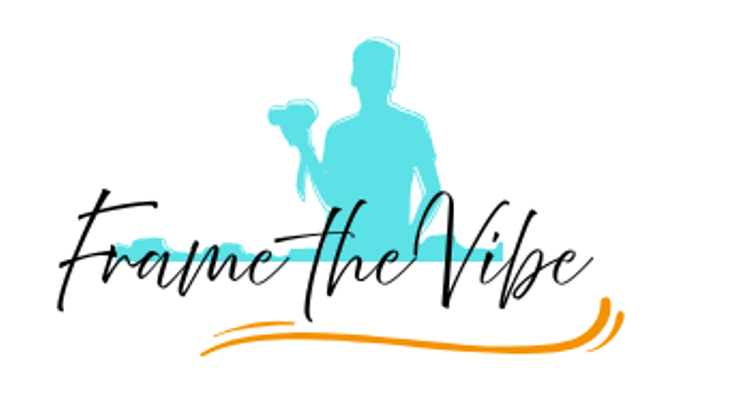Introduction:
Blogging has become a popular platform for individuals to express their thoughts, share knowledge, and connect with like-minded individuals. One of the most widely used blogging platforms is Blogger. Blogger provides an easy and user-friendly interface for creating and managing blogs. If you're looking to start your own blog on Blogger, this step-by-step process will walk you through the process of creating a Blogger account.
Step 1: Visit the Blogger Website
To get started, open your web browser and visit the official Blogger website at www.blogger.com
 |
Since Blogger is owned by Google, you will need a Google account to create a Blogger account. If you already have a Google account, click on the "Sign In" button located at the top right corner of the website. Enter your Google account credentials (email address and password) to proceed. If you don't have a Google account, click on the "Create Your Blog" button instead.

If you don't have a Google account, click on the "Create Your Blog" button on the Blogger homepage. You will be redirected to the Google account creation page. Follow the instructions provided, including entering your desired email address, password, and other required information. Once you have successfully created a Google account, return to the Blogger website.
 |
After signing in with your Google account, you will be taken to the Blogger Dashboard. Click on the "Create New Blog" button to begin the blog creation process.
Step 5: Set Up Your Blog
In the "Create a New Blog" window, you will be prompted to enter the following details:
- Title: Enter the title of your blog.
- Address: Choose a unique web address (URL) for your blog. The address will end with ".blogspot.com."
- Theme: Select a theme for your blog from the available options. You can customize the theme later.
 |
Once you have set up your blog, you are ready to publish your first blog post. Click on the "Create New Post" button on the Blogger Dashboard. You will be taken to the post editor where you can write your content, add images, format text, and more. Once you are satisfied with your blog post, click on the "Publish" button to make it live on your blog.Step 7: Customize Your Blog
Blogger provides various customization options to personalize the appearance of your blog. From the Blogger Dashboard, click on the "Theme" option to access the theme editor. Here, you can modify the layout, colors, fonts, and other design elements of your blog. Additionally, you can add gadgets, such as a search bar or social media icons, to enhance the functionality of your blog.
Ending:
Creating a Blogger account is a straightforward process that allows you to embark on your blogging journey quickly. By following the steps outlined in this guide, you can set up your Blogger account, create your blog, and publish your first post with ease. Remember to regularly update your blog with fresh and engaging content to attract and retain readers. Happy blogging!













0 Comments
If you have any doubt let me know.